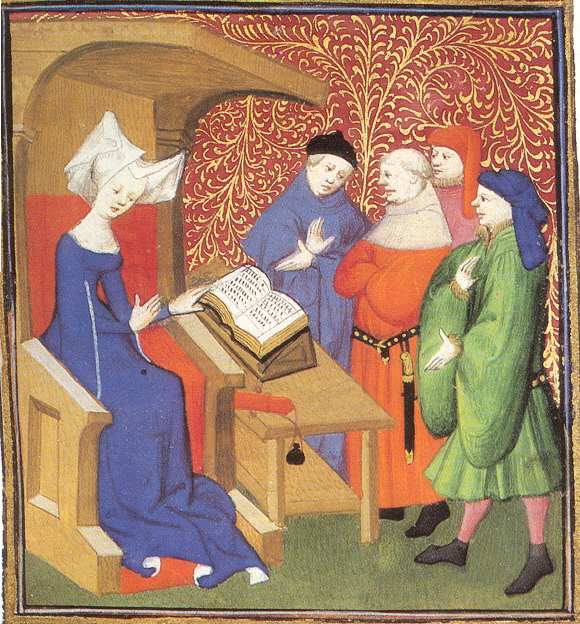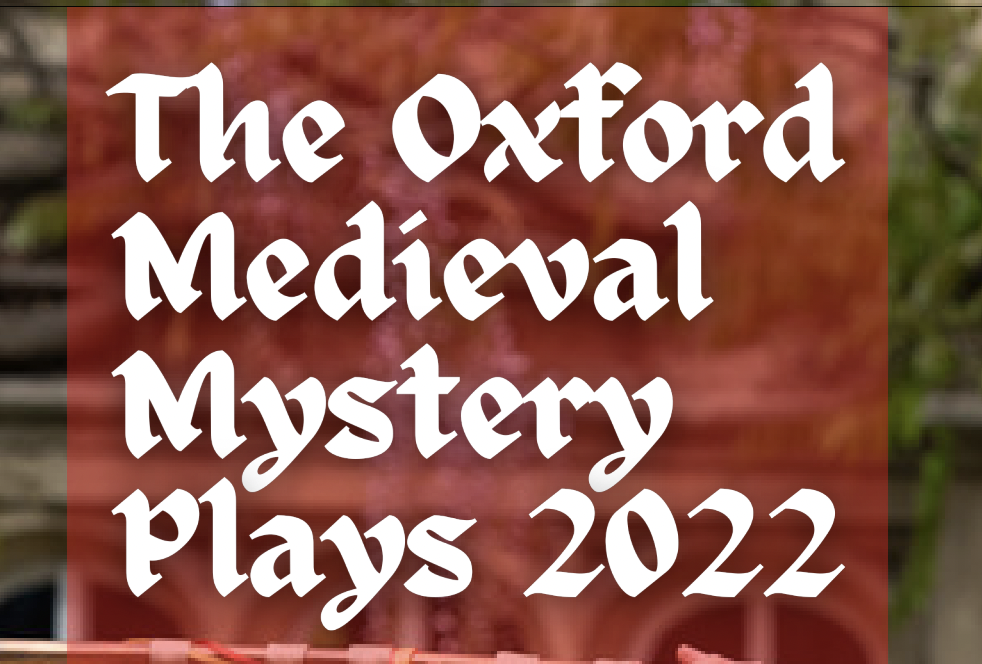The 2022 Oxford Medieval Graduate Conference organising committee is pleased to announce the programme for Medicine and Healing.
Medicine and Healing: The 18th Oxford Medieval Graduate Conference
21st-22nd April, online and in-person at Ertegun House, St Giles, Oxford, OX1 3LD.
Sponsored by the Ertegun Graduate Scholarship Programme in the Humanities, Oxford Medieval Studies, the Oxford Research Centre in the Humanities (TORCH) and the Society for the Study of Medieval Languages and Literature.
Organising Committee: Katherine Beard, Ashley Castelino, Corinne Clark, James Cogbill, Nia Moseley-Roberts, Diana Myers, Grace O’Duffy, Caleb Prus and Eugenia Vorobeva.
To register for online or in-person attendance, please visit our website.
Programme
THURSDAY 21st APRIL
9:30-9:55 Registration (in-person)
9:55-10:00 Opening Remarks
10:00-11:30 Session 1: Charmed (chair: Katherine Beard)
- Grace Pyles, ‘The Medicinal Unicorn Horn in the European Middle Ages’
- Emer Kavanagh, ‘Shape and Form: The Use of Sympathetic Magic in Irish Charming Tradition’
- Radka Pallová, ‘Humane Treatment? Animal Bodies in Alexander of Tralles’
11:30-12:00 Break with refreshments
12:00-13:30 Session 2: Call the Midwife (chair: Diana Myers)
- Ailie Westbrook, ‘‘Mulieribus non est dicendum’: Mediated Knowledge in Women’s Health in Medieval Denmark’
- Shir Blum, ‘Appositusque Iuvat Mulierem Parturientem: the Material Variety of Amulets as Obstetrical Aides’
- Rachel Chenault, ‘Experiencing Childbirth: The Search for Female Voices, 1000-1200 C.E.’
13:30-14:30 Lunch
14:30-15:30 Session 3: The Seventh Seal (chair: James Cogbill)
- Ben Hatchett, ‘‘A suitable medicine against all crimes’: John of Rupescissa’s Purgative Plague’
- Stephen Pow, ‘Was Bubonic Plague behind the Epidemic that Affected the Mongol Army in China in 1259?’
15:30-16:00 Break with refreshments
16:00-17:00 Keynote Address 1
- Dr Hannah Bower, ‘Locating Authority in Medieval Medical Writing: Playing with Presence and Absence’
17:00 Drinks Reception
19:00 Conference Dinner (optional)
FRIDAY 22nd APRIL
9:30-10:15 Medicine & Healing at Oxford: Manuscript & Social Session (with refreshments)
10:15-11:15 Session 4: Being Human (chair: Caleb Prus)
- Melanie Socrates, ‘Impatient Medicine: Agency and Urgency in Middle English Medical Works’
- S. Doğan Karakelle, ‘Knowing Horses and Thyself: Spiritual Healing and Rulership Practices in Ottoman-Turkish Veterinary Manuals 1400-1600’
11:15-11:45 Break with refreshments
11:45-13:15 Session 5: Inside Out (chair: Corinne Clark)
- Ruth Rimmer, ‘Healing Through Lists in Lacnunga’
- Colette Sarjano Utama McDonald, ‘A Stitch Through Time: the Besloten Hofjes at Mechelen, Alberto Burri, and Judith Scott’
- Madeleine Killacky, ‘Challenging the Monopoly of 16th-Century Anatomical Knowledge through Pop-up Paper Figures’
13:15-14:15 Lunch
14:15-15:45 Session 6: Sister Act (chair: Eugenia Vorobeva)
- Magdalena Buszka, ‘Saint Barbara of Medieval French Mystery Plays – Healer of Bodies and Souls’
- Hólmfríður Sveinsdóttir, ‘The Use of Lead Tablets and Anatomical Votives in Medieval Healing Practices: Case studies from the Museum of Cultural History, University of Oslo’
15:45-16:15 Break with refreshments
16:15-17:15 Keynote Address 2
- Professor Emilie Savage-Smith, ‘Modern Myths and Medieval Medicine’
17:15-17:20 Closing Remarks
Image: Medieval dentistry, from the fourteenth-century Omne Bonum of James le Palmer (courtesy of Wikimedia Commons).


























